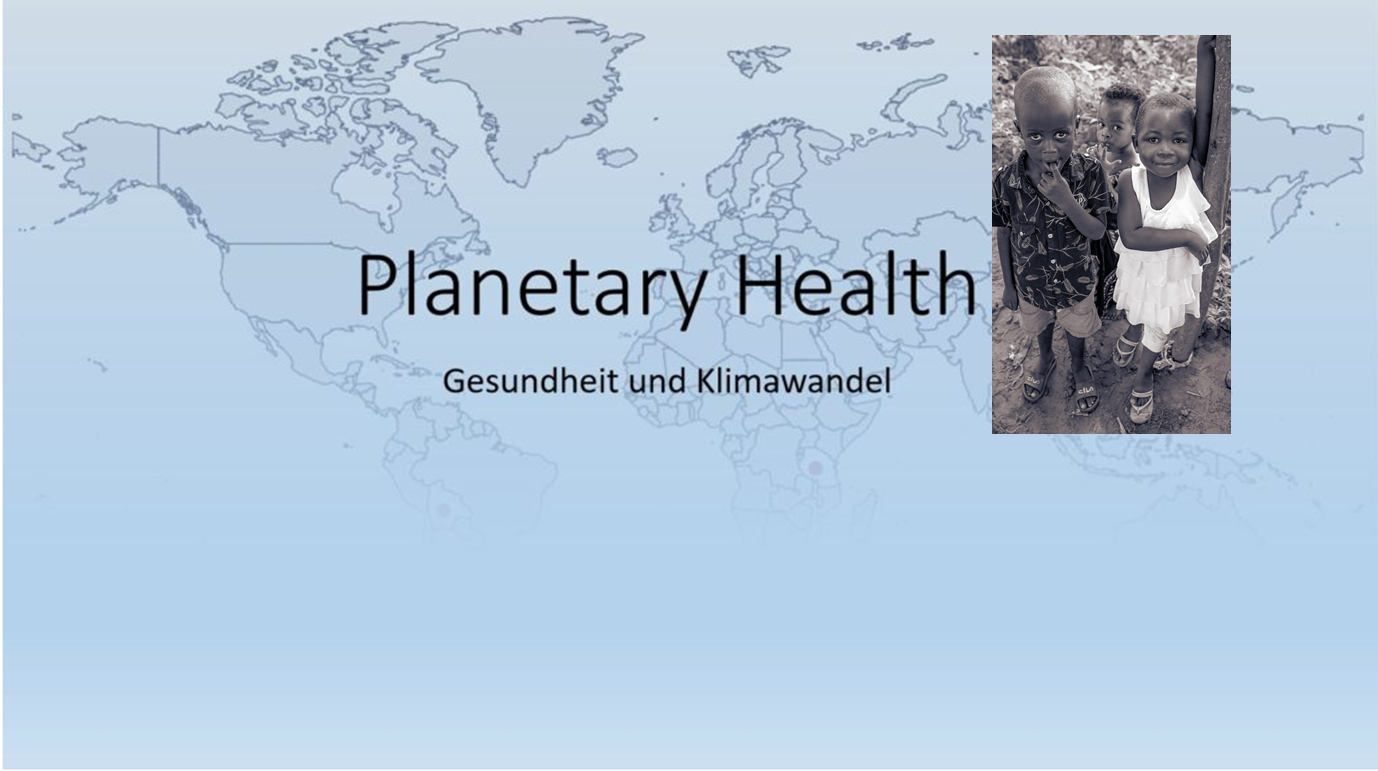Who doesn't know it? The phone rings, the nursery, kindergarten or school is on the line. The little one is not feeling well: has thrown up, complains of a headache or feels tired. We drop everything, pack up and get the little patient home as quickly as possible. Nothing is more important to us than the well-being of our child. If he is not well, we are not well either.
As parents, everyone has certainly experienced this situation. To make sure that our offspring is well again quickly, we quickly go shopping to buy him a few little treats. A fresh mango, a bowl of strawberries - vitamins are important. At home there is great joy about the fruit. To cheer him up even more, we tell him about the flight to the summer holiday coming up in four weeks. Slowly the little eyes fall shut. Sleep will quickly bring the little one back to his feet. "Well done" - a glance at the receipt makes us gulp briefly at the price of the strawberries. They are a luxury in March, but nothing is too expensive for the health of our children. Or is it?
Climate protectionists' hackles stand on end when they hear that: Fruit from overseas and summer holidays by plane? With such behaviour, we can at most improve our child's current well-being. In the long term, however, it will have a negative impact on his health - and not only on him, but on his entire generation and those who come after him.
Already today, an accumulation of certain diseases is observed in children worldwide, which can clearly be attributed to climate change and worsening environmental conditions. The increase in prolonged periods of heat plays a major role, especially in young children and infants, as their thermoregulatory system is not yet fully developed. The little bodies therefore tend to overheat much faster than those of adolescents and adults. Especially in cities, which heat up strongly during the day and cool down only slightly at night, so-called tropical nights (> 20 °C) occur, during which children suffer (Lob-Corzilius, 2021).
Another effect that particularly affects urban areas is the increase in road traffic, accompanied by a high number of soot particles. Especially in the metropolises of emerging countries, air pollution from exhaust fumes and industry is increasing strongly. Combined with heat waves and droughts, this effect is intensified (Witt, 2019). Again, children, the elderly and people with pre-existing conditions are particularly affected, as their lungs are not as resilient as those of healthy adults. In the case of children, the situation is aggravated by the fact that their respiratory organs are usually at the level at which the exhaust gas concentration is particularly high. A similar situation can be found in many developing countries, where the domestic cooker is fuelled by wood, resulting in high soot particle pollution.
Another aspect that has been little researched so far is the psychological stress on children and young people. A distinction must be made between i) fear of the consequences of climate change and ii) traumatising events caused by climate change. The latter applies above all to children who have experienced natural disasters that have had a lasting negative impact on their life situation. Such experiences are often accompanied by lasting anxiety and depression (Kowalski, 2019).
A fundamental fear of future developments, on the other hand, can be found among young people worldwide. A study of around 10,000 young people between the ages of 16 and 25 from various continents showed that more than half of the respondents are afraid of the climate crisis and that it has a negative impact on their everyday lives.
Although we can hardly change anything about climate change and the consequences of climate change, we do have the opportunity to influence the severity of the effects through our daily lives: Our little patient would probably have recovered just as quickly if we had provided him with regional and seasonal fruit. And even stories about summer holidays at a bathing lake less far away would certainly have quickly put him into a soothing sleep...
Sources:
Kowalski, K. 2019: Climate change poses mental health risks to children and teens. In: Science news for students.
Lob-Corzilius, T. 2021: What do paediatricians and adolescent doctors know about the impact of climate change on child health - and what should they know? DGKJ Congress
Witt, C. 2019: Deutscher Lungentag: Einfluss des Klimawandels auf Lungenerkrankungen: Deutsche Atemwegsliga e. V.



